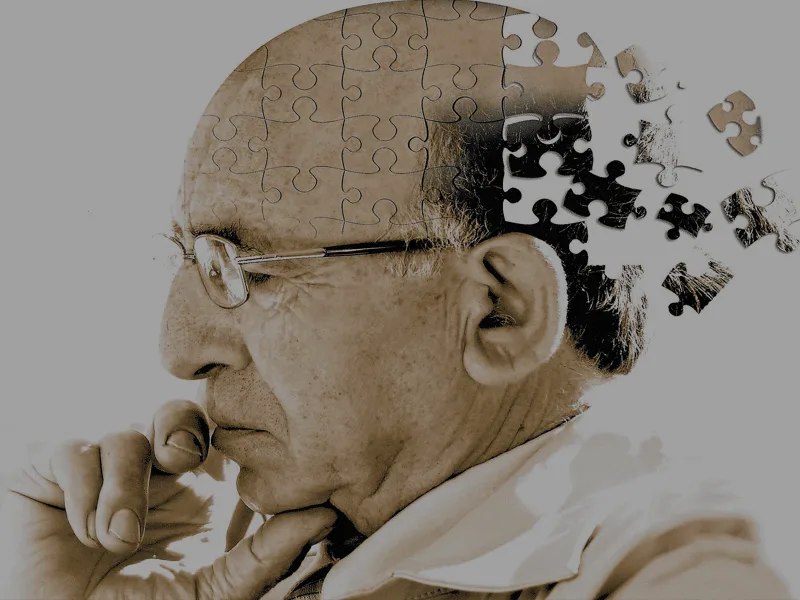Hello!
 In mouse trials, researchers have discovered a molecule that they say can restore both cognition and even memories lost to Alzheimer's disease.
In mouse trials, researchers have discovered a molecule that they say can restore both cognition and even memories lost to Alzheimer's disease.
In a press release about the study, which was published in the journal Proceedings of the National Academy of Sciences, the University of California at Los Angeles explained that the synthesized molecule works much differently from current Alzheimer's drugs on the market.
As the predominant field of study into the disease has noted time and again, the buildup of harmful amyloid plaques in the brain seems to be the primary driving factor in the progression of Alzheimer's. As such, researchers have tried various methods over the years to get rid of plaque in the process — but as more recent studies have shown, monoclonal antibodies that remove these plaques from the brain don't restore the cognitive function and memories lost to the disease.
"They leave behind a brain that is maybe plaqueless," explained UCLA neurologist and study leader Istvan Mody, "but all the pathological alterations in the circuits and the mechanisms in the neurons are not corrected."
Along with plaque buildup, early to mid-onset Alzheimer's is characterized by the slowing of gamma oscillations, which fire off electrical signals that stimulate essential recall functions such as remembering a phone number.
That's where the new molecule, named DDL-920 after UCLA's Drug Discover Lab where it was synthesized, comes in.
Using both "wild-type" mice and mice genetically modified to have Alzheimer's — which, as a sidebar, some say is an ethically dubious practice — the UCLA researchers posited that DDL-920 could alter the process that puts the brakes on these important oscillations.
 After two weeks of oral administration of the drug containing the molecule, the Alzheimer's mice were able to recall maze escape routes at similar rates to their wild-type counterparts, and they also didn't exhibit any weird behavior after being given the medicine.
After two weeks of oral administration of the drug containing the molecule, the Alzheimer's mice were able to recall maze escape routes at similar rates to their wild-type counterparts, and they also didn't exhibit any weird behavior after being given the medicine.
As Mody notes, there's an immense amount of work left to be done to determine whether DDL-920 could be safe and effective for humans. If the researchers get there, however, it could have huge implications for other disorders characterized by disruptions in gamma oscillation, which include autism spectrum disorder, depression, and schizophrenia.
"We are very enthusiastic about that," Mody said in the press release, "because of the novelty and the mechanism of action that has not been tackled in the past."
Also read:
- Benefits of Using Video Editing Software for Marketing
- Choose Antivirus Protection for Your Start-ups or Bigger Businesses Enterprises
- Safer Roads with Electronic Devices for Transportation Drivers
Thank you!
Join us on social networks!
See you!






